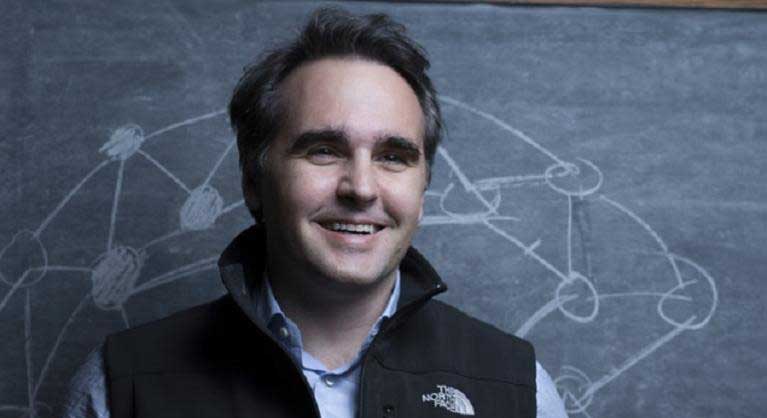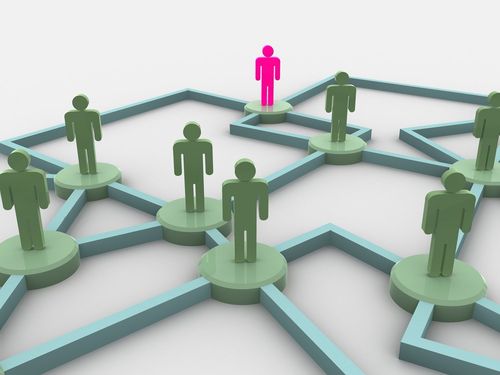Change
How to Make Big Things Happen
When it comes to lasting change in what we think or the way we live, the dynamics are different: beliefs and behaviors are not transmitted from person to person in the simple way that a virus is. The real story of social change is more complex. When we are exposed to a new idea, our social networks guide our responses in striking and surprising ways.
How to create the change you want to see in the world using the paradigm-busting ideas in this "utterly fascinating" (Adam Grant) big-idea book.
Most of what we know about how ideas spread comes from bestselling authors who give us a compelling picture of a world, in which "influencers" are king, "sticky" ideas "go viral," and good behavior is "nudged" forward. The problem is that the world they describe is a world where information spreads, but beliefs and behaviors stay the same.
When it comes to lasting change in what we think or the way we live, the dynamics are different: beliefs and behaviors are not transmitted from person to person in the simple way that a virus is. The real story of social change is more complex. When we are exposed to a new idea, our social networks guide our responses in striking and surprising ways.
Drawing on deep-yet-accessible research and fascinating examples from the spread of coronavirus to the success of the Black Lives Matter movement, the failure of Google+, and the rise of political polarization, Change presents groundbreaking and paradigm-shifting new science for understanding what drives change, and how we can change the world around us.




